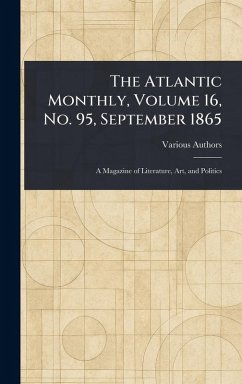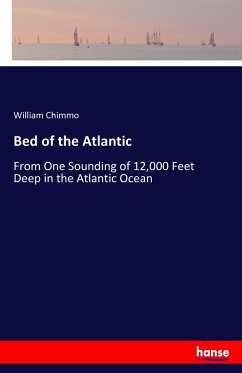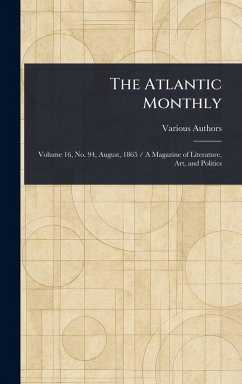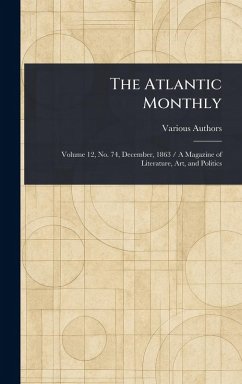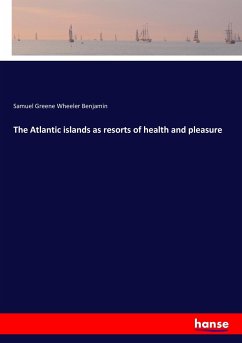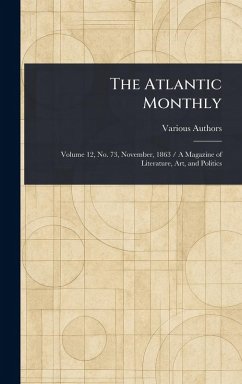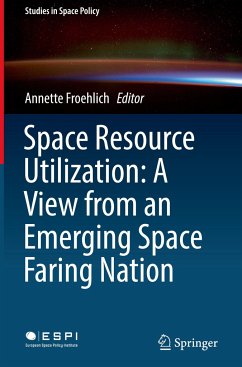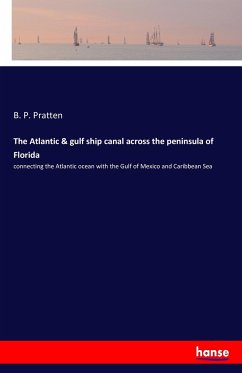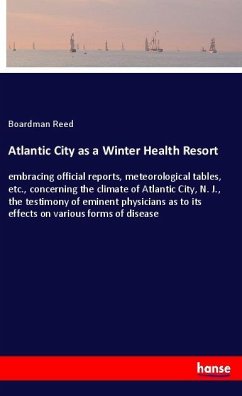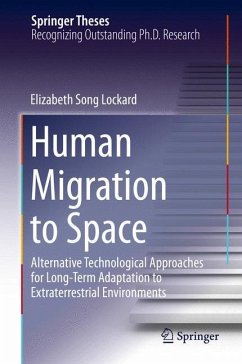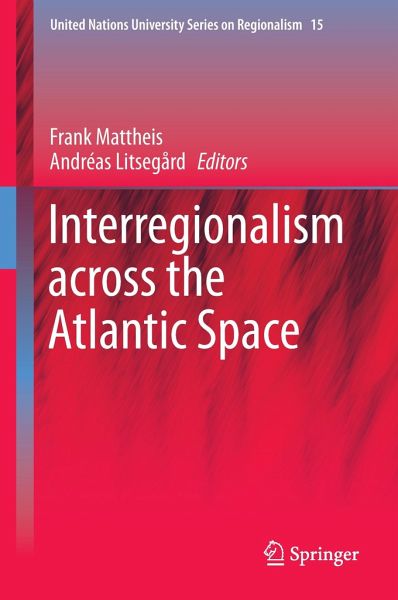
Interregionalism across the Atlantic Space

PAYBACK Punkte
38 °P sammeln!
This book focuses on interregional relations across the Atlantic and the possible evolution of a new, distinctive Atlantic space for international relations. It provides a comprehensive insight into the overlapping linkages of interregionalism in the wider Atlantic space. Additionally, it raises the question of relevance, currently the main question in this field of research: Is interregionalism important because it brings about something new that really matters or is it simply a (perhaps unavoidable) by-product of regionalism? The book conducts an analysis of six interregional relations criss...
This book focuses on interregional relations across the Atlantic and the possible evolution of a new, distinctive Atlantic space for international relations. It provides a comprehensive insight into the overlapping linkages of interregionalism in the wider Atlantic space. Additionally, it raises the question of relevance, currently the main question in this field of research: Is interregionalism important because it brings about something new that really matters or is it simply a (perhaps unavoidable) by-product of regionalism? The book conducts an analysis of six interregional relations criss-crossing the Atlantic space, accounting for the multitude of interregional connections within a potential Atlantic macro region and analysing the differences, conflicts and convergences between regional organizations. It engages with the issue of agency in interregional relations, and argues that interregional processes and agendas are always driven and constructed by certain actors forcertain purposes.



